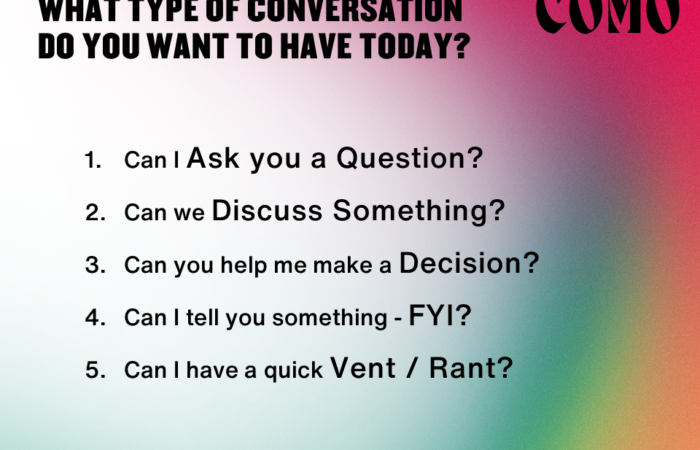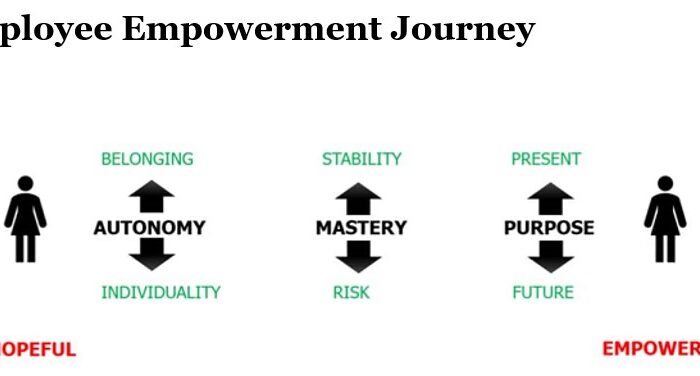In the beforetimes, and hopefully once more in the future, my family were digital nomads. My calm and happy daughter visited 19 countries before her first birthday, and if it weren’t for a global pandemic would have visited many more by now.
As parents, we feel that extensive travel is a huge and beneficial opportunity for a child. Different kids will differ of course, and good parents evolve their parenting style to best support their children.
So I don’t think this is “one size fits all”. Our kid will grow and change, and perhaps at some point it won’t be the best thing for them – travelling the world, a different home base every 3 months, and some form of homeschooling or worldschooling.
But am I “a shitty parent” for even considering the digital nomad lifestyle? That was the contention of a recent reddit debate (https://www.reddit.com/r/digitalnomad/comments/sfl43v/nomad_with_kids/). Here’s a summary of the arguments against long term travelling as a digital nomad family … and how my family plans to overcome those challenges.
The Argument Against Digital Nomad Homeschooling
Here’s my understanding of the argument against. If you hold this view, let me know in the comments below if I have misunderstood anything.
- Moving multiple times as a child almost always has long-term adverse affects, particularly around mental health
- Sure there may be anecdotal support that it’s OK, but that’s no substitute for rigorous longitudinal studies (of which I have read several good ones – https://www.apa.org/news/press/releases/2010/06/moving-well-being and https://www.reuters.com/article/us-health-kids-moving-idUSKCN0SV2JT20151106)
- Because the remote work / DN lifestyle is quite niche and new, we don’t (and probably can’t) have those kind of long-term studies just focused on this lifestyle
- However we can extrapolate from the mounds of other research: if moving 3+ times during childhood create problems, then moving 3+ times per year is going to be as bad or worse
Why I Disagree that Digital Nomad Homeschooling automatically makes me a bad parent
- Those studies don’t adjust for the primary reasons kids move – economic challenges in the family, including unemployment or forced job relocations, and divorce
- Removing those variables may remove many of the negative outcomes. Kids from broken home have more mental health challenges; kids from broken homes move more often. Can we actually conclude that “kids who move more often have more mental health challenges”, or are they both symptoms of the same cause?
- Quality time with parents, consistent school communities and family relationships, and long-term friends all highly correlate with improved health outcomes. And this is now possible, via technology, in a way that was not the case when most longitudinal studies were conducted (because that’s quite new) as long as parents make an effort to facilitate this.
Thosestudies I linked above? One of them started in 1994 (did you even have internet at home in 1994?) and ended in 2005 (the year before Facebook opened its membership, and five years before FaceTime was launched). Might kids these days have an easier way of keeping in touch with family and friends?
- Thinking a kid can’t stay in the same school because they’re a digital nomad is a limiting belief from that prior age, not a modern reality. Many online schools now exist to facilitate this in various forms (School of the Air, Crimson Academy, various Homeschool programs, heck even the Facebook Worldschooling community). I’m not saying all of these are equally good, just that “new country = new school = new friends” was how I grew up, not how my kid/s will be raised.
- Parents who are wealthy, educated, and work part-time are more present in their child’s upbringing and can provide a more stable home life than parents who are not (on average). That describes us, and a lot of digital nomads! So again, as a cohort Digital Nomads are controlling for the factors that those negative studies did not – in particular quality time as a family.
- THEREFORE having a digital nomad lifestyle does not necessarily mean a child will have the negative outcomes some people are concerned about.
- I agree that this lifestyle does increases the risk. However, I also think there are risks with the traditional lifestyle (in particular poor school choices), and all of parenting is a trade-off of risks
- As with all parenting, there is a need to be actively involved in responding to your child’s needs and preferences. You can stuff them up in many ways, and having a digital nomad parenting lifestyle does not guarantee you won’t have those issues (or many others).
In Conclusion
I think both sides of the debate agree that ploughing ahead as a digital nomad family despite signs from one’s kids that this is not good for them would cause issues and be the height of irresponsibility.
If you plan to never stop nomadding no matter what, that’s bad parenting; in the same way that “never sending my kids to private schools” or “my kids will always do sports no matter what” is bad parenting, though the size of the risks are not identical.
I also feel excluding my kid/s from the opportunities that nomadding can provide – in particular far more perspective and exposure than they will achieve in suburban Australia – is a risk. And I think we can learn from what failed kids in the past, to provide a better future for ours.
I am not and will never be a perfect parent. That doesn’t stop me from continuing to learn and improve, and responsively doing what I believe is best for my family.
Which side of the debate are you on? Do you agree that being digital nomad parents offers opportunities to kids that outweigh the risks? Or does it guarantee (or thereabouts) mental health issues for our offspring later in life? Leave a comment below.




